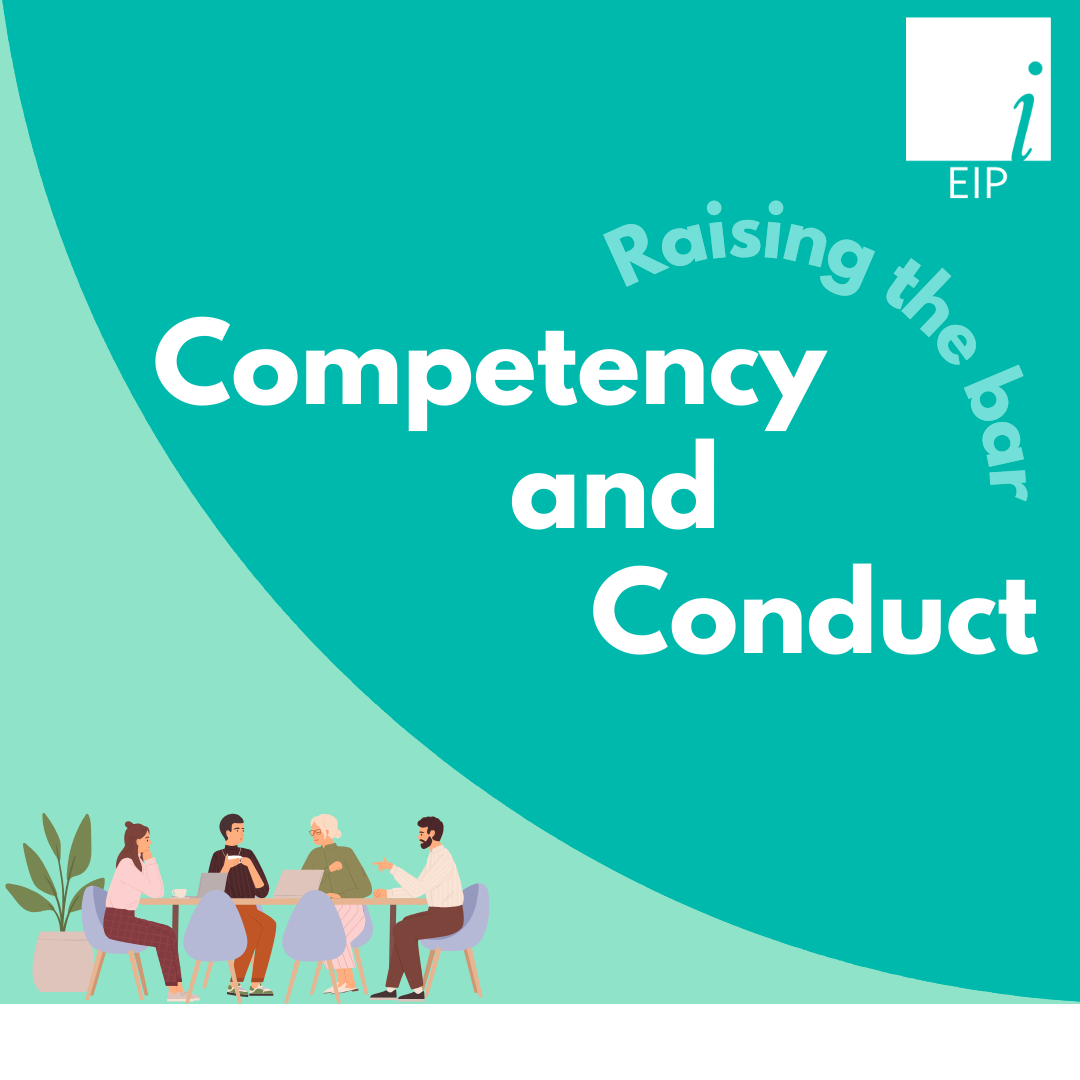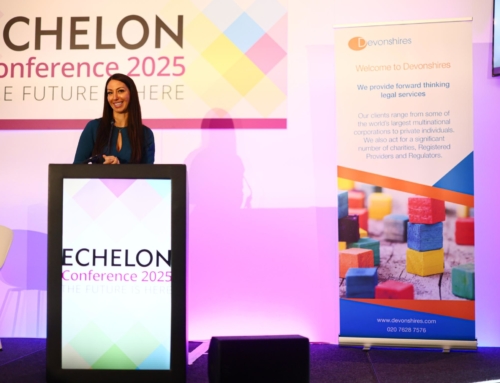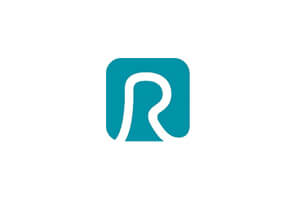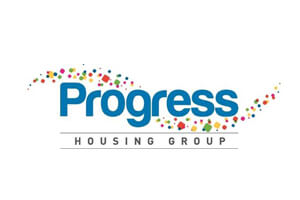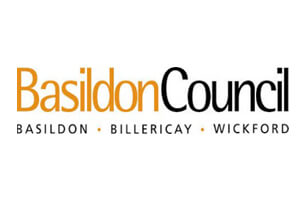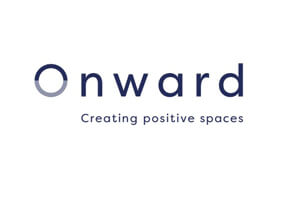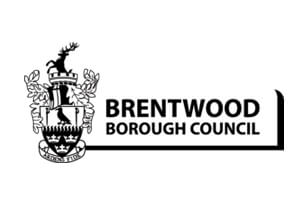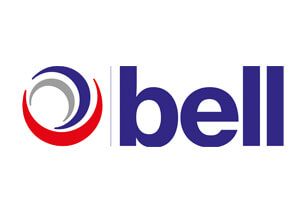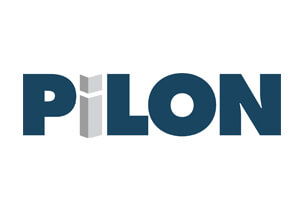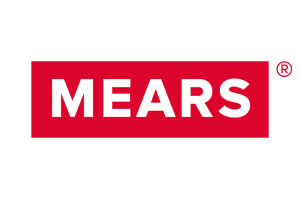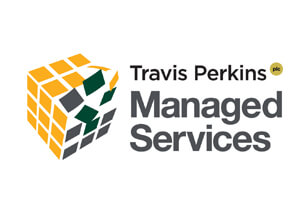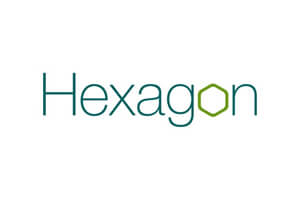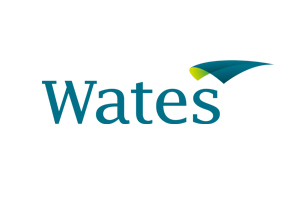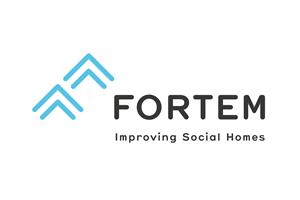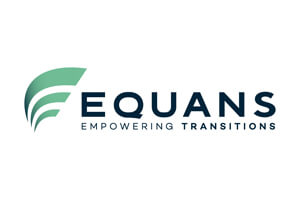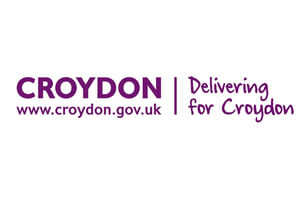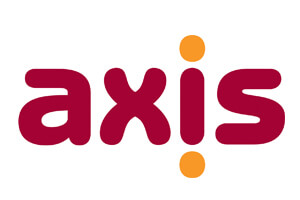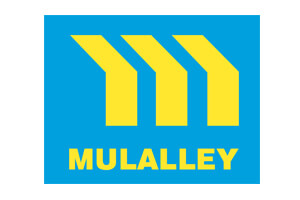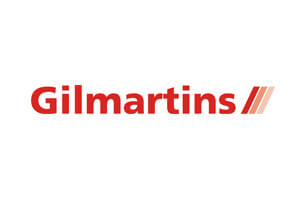Mandatory qualifications for housing staff focus of first Competence and Conduct meeting
Debbie Larner opened the first session in our new Competency and Conduct programme, ‘Raising the Bar’, with an overview of the new standard. “Why are we looking at it in the sector? Because it frames everything”, she explained.
The act, which is in legislation, will stress the importance of mandatory qualifications for staff and include a broader element to assess their attitudes and behaviours. Mandatory qualifications will apply to senior housing managers and executives, and Debbie explained that these job roles will often manage teams and spend more than 50% of their work time on the delivery of housing management services.
Job roles considered in scope include repairs and management, resident involvement and more, with finance and HR roles unaffected. Landlords should consider how they’re using management agreements to ensure relevant service providers have or are working towards relevant qualifications and ensure service providers are aware of their obligations. Qualifications must be completed during the two-year transition period, and there may be the option to ‘top-up’ knowledge with ‘top-up’ modules, however, this has not been confirmed.
The broader element of the standard, which will ensure staff have the appropriate skills, knowledge and experience to deliver services to tenants remains a grey area, but as this will be a regulatory standard, we must consider how it will be assessed.
Housing providers can start preparing by mapping out who’s in and out of scope, what relevant training providers are available, and how to encourage people who are reluctant to retrain to do so.
The group then heard from Nikkie Pullen, Head of Organisational Development at Abri, who explained how the organisation has been preparing for the new standard. In February, Abri established that 116 staff members (6%) are in scope for the mandatory qualification. So far, 35% of those are qualified or working towards a qualification.
Nikkie explained some of the biggest challenges Abri has faced and gave her top tips to help navigate the change, including being pragmatic and sensitive to staff, and reframing the discussion around study in a positive light to engage those who are reluctant. She also discussed what qualifications are on the market and which ones Abri are using, and how its learning and development policies, which consist of its CIH club, external affairs newsletters and internal housing programme are keeping learning open to all.
Session two of the programme, which is free for AMIP members, will take place on 17 October between 2-4pm, and will focus on learning and development options available to the sector. We’ll be joined by Chair Debbie Larner, Nikkie Pullen, and Thomas Collins, Kingdom Academy.
Read next: Resourcing the social housing sector focus for AMIP meeting
